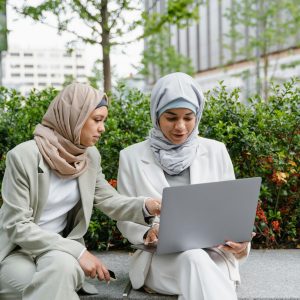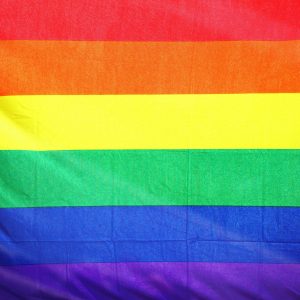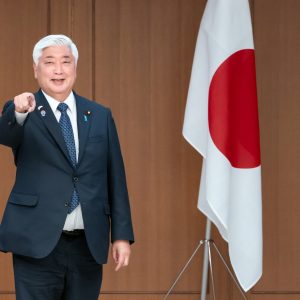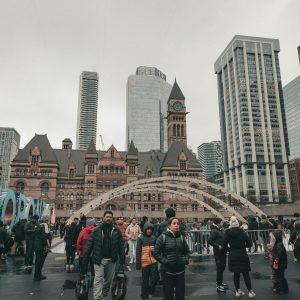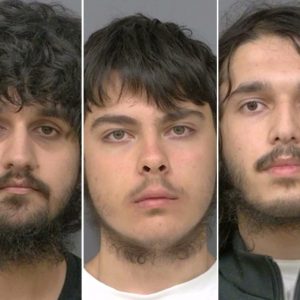Al-Ibrahimi Mosque massacre forever altered religious life for Muslims in Hebron
HEBRON, Palestine (AA) – Adel Idriss will never forget the day he lost his brother and cousin while they were performing the dawn prayer at Al-Ibrahimi Mosque in the old city of Hebron on the second Friday of Ramadan.
On that day, Idriss was the imam or leader of the prayer, and he still remembers the horrible moment when Israeli extremist Baruch Goldstein opened fire on the worshippers with a machine gun.
The gruesome attack on February 25, 1994, left 29 people dead and dozens of others wounded.
“I lost my brother Saleem and the other was injured. Also, our family lost my cousin, Diab Al Karaki. We were fasting, unarmed civilians performing our Islamic worship in the holy month of Ramadan when he attacked us in a horrible crime,” Idriss recalled.
Palestinians say the attack was planned by a group of Jewish settlers with indirect assistance from the Israeli army, who was not present during the massacre.
Their plight continues as the world marks August 22 as the International Day Commemorating the Victims of Acts of Violence Based on Religion or Belief. According to the UN, it is a day to recognize the importance of providing victims of acts of violence based on religion or belief and members of their families appropriate support and assistance in accordance with applicable laws.
Following the massacre, the religious life of the Muslims in Hebron and their ability to reach the mosque were changed due to Israeli military restrictions that were imposed against the entire old city, which is located south of Jerusalem.
“Since the day of the massacre, the Israeli forces have banned us from making the azhan (or call to prayer) every Saturday, and during the Jewish religious holidays, Muslims are never allowed to enter the mosque to pray, it’s completely closed to Muslims,” Idriss said.
During those days, workers in the mosque are also not allowed to enter it.
“The Israeli occupation partially opens the confiscated parts of the mosque mainly on Fridays during Ramadan and the two Islamic Eids, annual festivals of Islam which are associated with Ramadan and the Hajj, or pilgrimage to Mecca,” Ghassan Rajabi, the director of Al-Ibrahimi Mosque said.
According to Rajabi, 63% of the mosque’s 2,050 square meters (22,066 square feet) of floor space was confiscated along with all of its courtyards by a military decision and converted into a Jewish synagogue.
“For Muslims who want to pray in the mosque, they must pass through three to six military checkpoints to be allowed to enter it. At the last checkpoint at the entrance of the mosque, they must give their identity cards to the soldiers,” he said.
For the Palestinians in Hebron, the massacre was a critical point that affected their lives deeply, socially, economically and religiously.
Idriss said the aggressive military restrictions forced him and his family to leave the old city after 40 years.
“It wasn’t easy to leave, but their policies against us forced us to seek another home to live in,” he said.
Meanwhile, the people of Hebron say they are suffering from the behavior of the extremist settlers there, exposed to continuous assaults and insults against their religious beliefs and the Prophet Mohammad Peace Be Upon Him, particularly during Jewish religious holidays.



